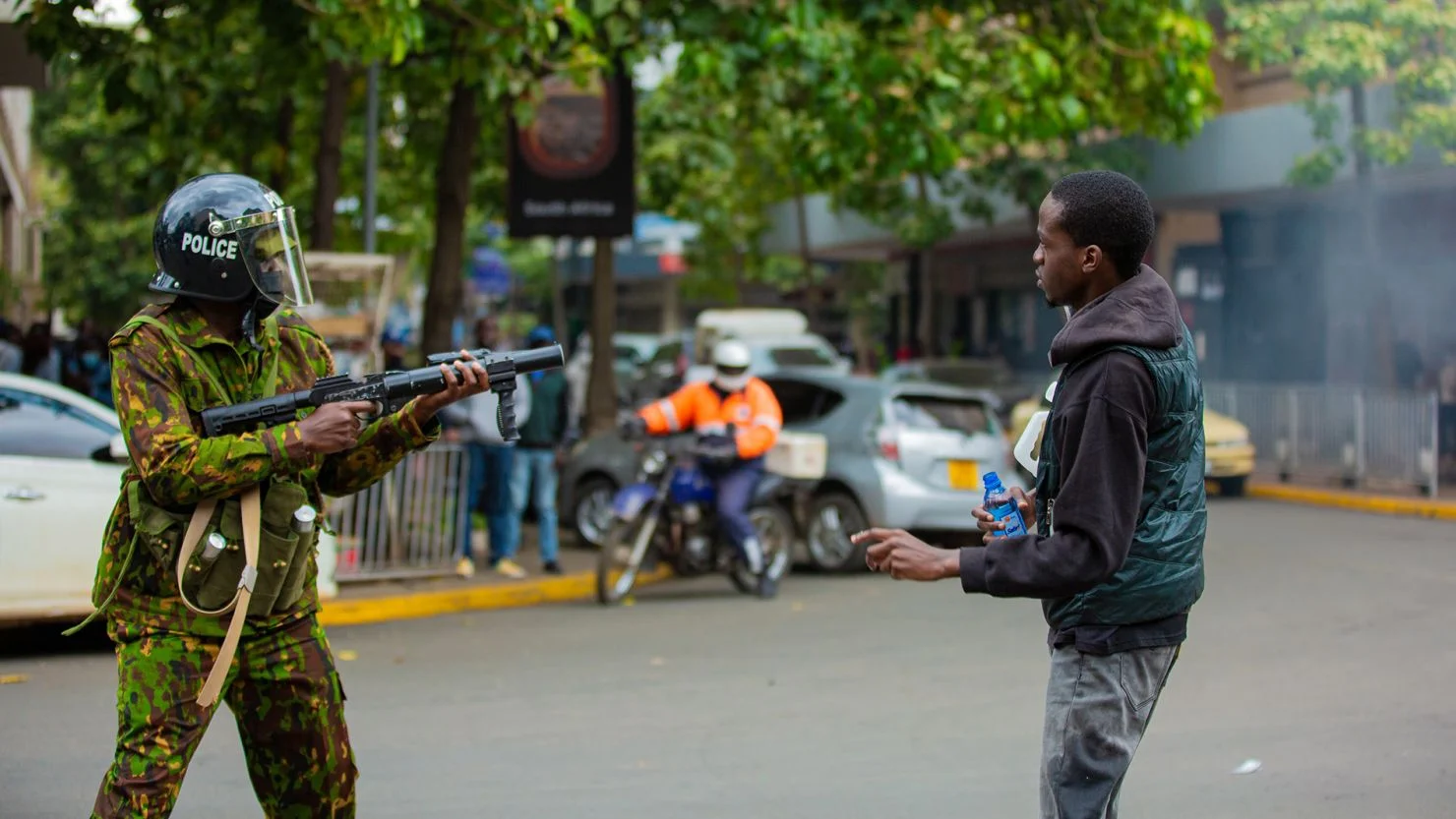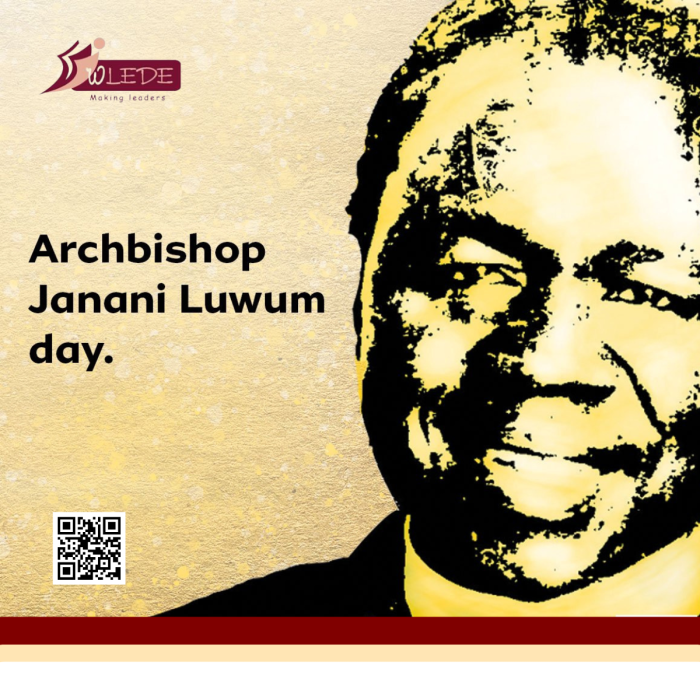
Kenya has recently experienced a pivotal moment with President William Ruto’s decision to back down on proposed tax increases following widespread and deadly protests. This event has significant implications for democracy in Africa, offering both lessons and reasons for cautious celebration.The Kenyan government’s attempt to introduce new taxes as a means to address national debt was met with fierce opposition from citizens, who are already grappling with economic hardships. The situation escalated when protests erupted, leading to the tragic loss of at least 22 lives and numerous injuries. The intensity of the protests compelled President Ruto to reconsider the proposed finance bill, acknowledging the widespread dissatisfaction among Kenyans.

A Lesson in Democratic Engagement
The Kenyan riots serve as a stark reminder of the power of the people in a democracy. The protests, driven largely by the youth, were a testament to the citizens’ determination to hold their leaders accountable. Despite the initial outbreak of violence, the eventual peaceful resolution and the government’s responsiveness highlight the importance of civic engagement. It underscores the necessity for leaders to listen to their constituents and adapt policies that reflect the will of the people.
The Significance for Africa’s Democracy
Africa’s democratic landscape is diverse, with varying degrees of political freedom and citizen participation across the continent. Kenya’s experience during these protests offers several key lessons for other African nations:
- Responsive Governance: President Ruto’s decision to rescind the tax hikes demonstrates the impact of government responsiveness. When leaders are willing to listen and act on the concerns of their citizens, it strengthens trust in democratic institutions.
- Peaceful Protest as a Tool for Change: The Kenyan youth, who were at the forefront of these protests, showcased the power of peaceful demonstration. Their ability to mobilize and advocate for their rights without resorting to prolonged violence sets a positive precedent for future movements across Africa.
- The Role of Youth in Shaping the Future: Africa’s youth are its most significant asset. Their active participation in political processes, as seen in Kenya, can drive meaningful change and ensure that policies reflect the needs and aspirations of the younger generation.
Condemning Violence, Celebrating Peace
While it is essential to acknowledge the effectiveness of the protests, it is equally important to condemn the violence that led to the loss of lives. The deaths during the riots are a tragic reminder of the high stakes involved in political activism. Violence undermines the very essence of democracy, which is rooted in dialogue, negotiation, and peaceful resolution of conflicts.
However, the peaceful resolution that followed the initial unrest is a cause for celebration. It exemplifies how protests can lead to constructive outcomes when approached with a commitment to non-violence and dialogue. The Kenyan youth’s perseverance in advocating for their future through peaceful means is commendable and sets a powerful example for their peers across the continent.
A Call to Action for Africa’s Future
Kenya’s recent events should inspire other African nations to foster environments where democratic engagement is encouraged and valued. Governments must prioritize transparency, accountability, and inclusiveness in their decision-making processes. Meanwhile, citizens, especially the youth, should remain vigilant and proactive in shaping their societies.
In conclusion, the Kenya riots and President Ruto’s subsequent decision are a testament to the dynamic and evolving nature of democracy in Africa. They highlight the challenges and opportunities that come with democratic governance. By learning from Kenya’s experience, African nations can continue to strengthen their democratic institutions and ensure a brighter, more equitable future for all.
Tags: Democracy in Africa, Kenya Riots 2024, Kenyan Youth Protests, Peaceful Demonstrations Kenya, Peaceful Protests Africa, Political Change in Kenya, wlede![Women Leadership Development [WLEDE]](https://wlede.org/wp-content/themes/kipya/images/logo-WLEDE.png
)





